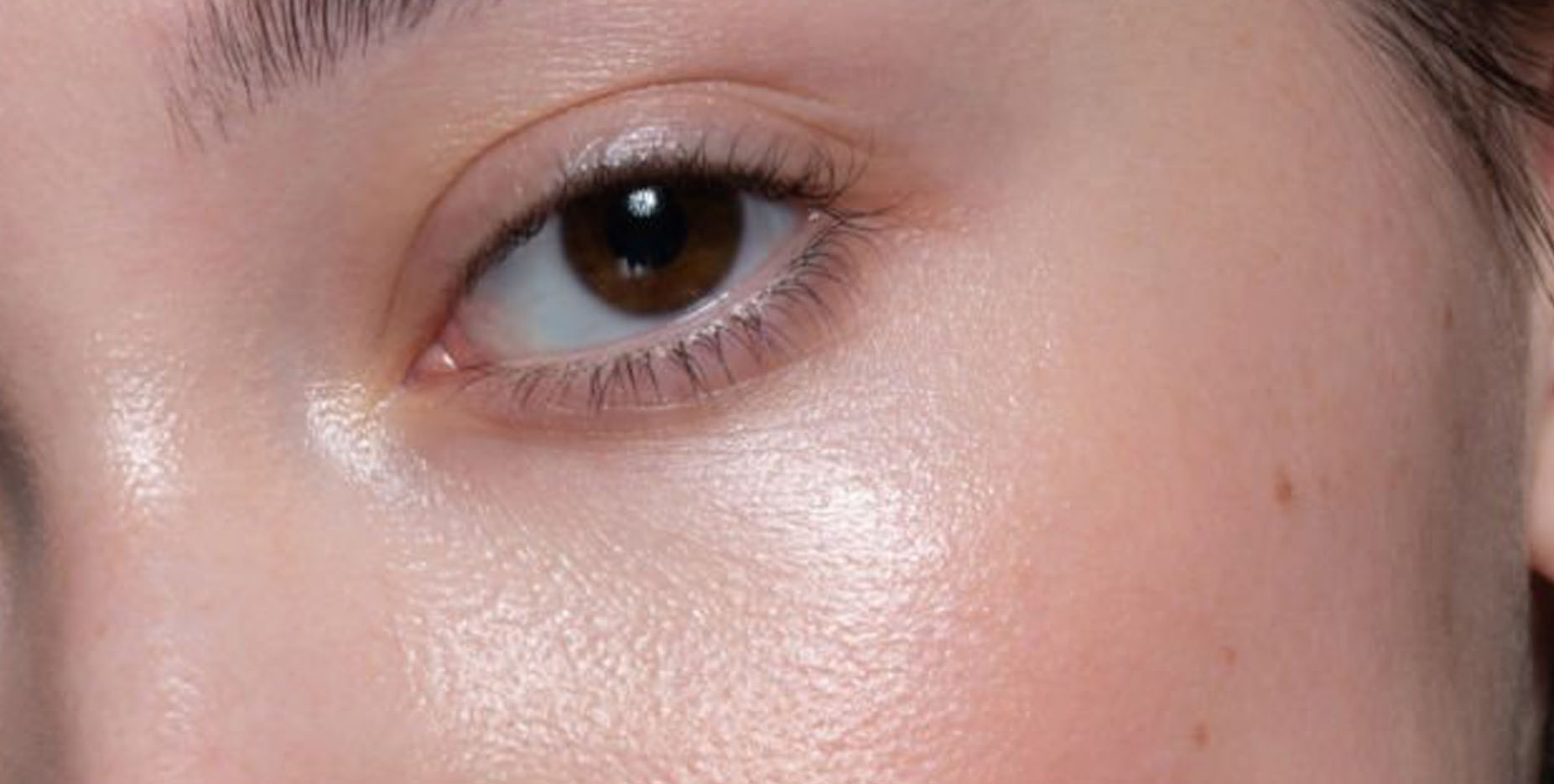
Our skin is the largest organ of our body. While many factors, including genetics and environment, influence skin health, diet plays a crucial role. Understanding the connection between what we eat and how our skin looks can help us make better dietary choices support our skin health.
Certain nutrients are particularly beneficial for maintaining healthy skin. Vitamins, minerals, and antioxidants contribute to skin health in various ways:
Vitamin C: This powerful antioxidant helps in collagen production, essential for maintaining skin’s elasticity and firmness. Citrus fruits, strawberries, bell peppers, and broccoli are excellent sources of vitamin C.
Vitamin E: Known for its ability to protect skin cells from oxidative damage, vitamin E can be found in nuts, seeds, spinach, and avocados. It helps in maintaining skin’s moisture and combating the effects of free radicals.
Vitamin A: Crucial for skin repair and maintenance, vitamin A aids in the prevention of dry, flaky skin. Foods rich in vitamin A include sweet potatoes, carrots, and dark leafy greens.
Omega-3 Fatty Acids: These healthy fats, found in fish like salmon, walnuts, and flaxseeds, help to maintain the skin’s lipid barrier, keeping it hydrated and supple. They also have anti-inflammatory properties that can help reduce acne and other skin conditions.
Zinc: This mineral plays a role in skin healing and can reduce inflammation and the occurrence of acne. Zinc-rich foods include oysters, lean meats, seeds, and nuts.
Staying hydrated is vital for skin health. Water aids in maintaining skin’s elasticity and suppleness, preventing dryness and flakiness. Incorporating hydrating foods like cucumbers, watermelon, and celery can also contribute to your overall hydration levels.
Gut-Skin Axis
Emerging research highlights the connection between gut health and skin health. A balanced gut microbiome can reduce inflammation and improve skin conditions like acne, eczema, and rosacea. Probiotics and prebiotics found in yoghurt, kefir, sauerkraut, and other fermented foods can promote a healthy gut, subsequently benefiting the skin.
There isn’t any strong evidence to suggest that chocolate causes acne. Dark chocolate contains flavonoids that can actually support skin health. Remember, chocolate should be eaten in moderation due to the high fat and sugar content.
A nutritious diet rich in vitamins, minerals, and healthy fats, combined with adequate hydration, can significantly enhance skin health. By making mindful food choices and understanding the impact of what we eat on our skin, we can work towards achieving a glowing, healthy complexion from the inside out.
Sukaina Abdulhussein,
Registered Nutritionist (BSc Hons)



